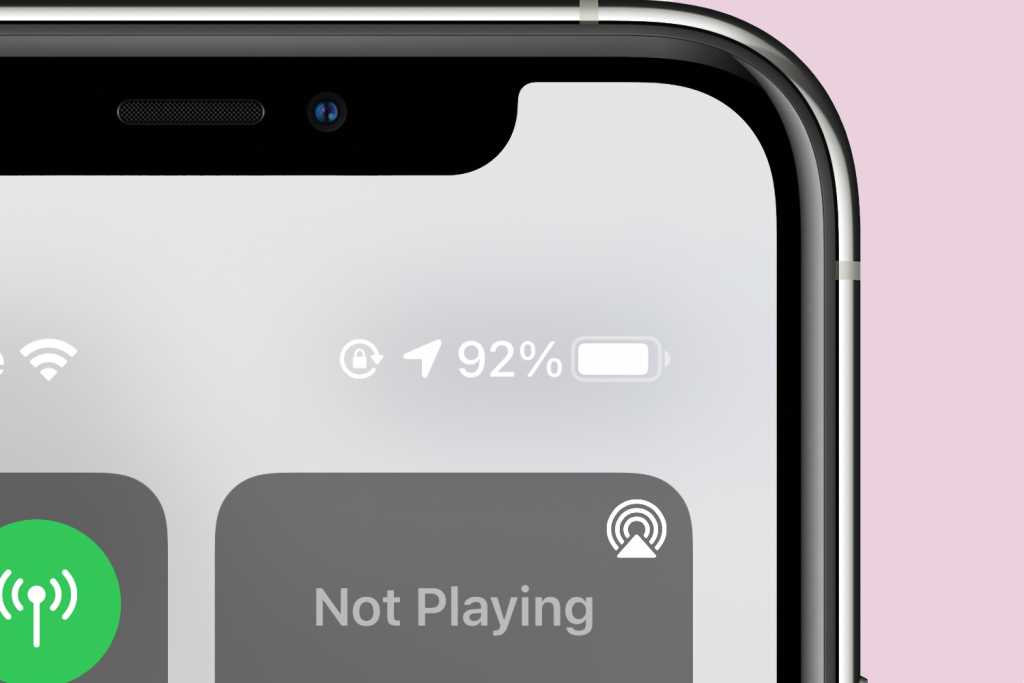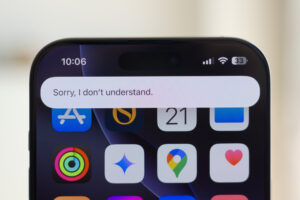These three annoying Apple problems finally have fixes on the way
[ad_1]
Let’s all say it together: Apple’s not perfect. As good as the company is at creating products, even the folks from Cupertino are not immune from the occasional misstep. Nobody bats a thousand.
Sometimes those choices are quickly corrected—the brief reign of the third-generation iPod’s weird touch controls, for example—but sometimes they can linger on for some time, like the trash can Mac Pro or autocorrect’s odd choices. The truth is, sometimes these issues aren’t quick fixes, but bigger problems that require a more in-depth consideration of how to come up with a solution that not only corrects those issues, but also the problems those mistaken decisions were intended to handle in the first place.
Recently, reports have surfaced of a few changes to upcoming Apple software intended to fix some persistent issues, and which ought to to help improve the experience of Apple users everywhere. And some of those fixes may arrive pretty soon, to boot.
Remotely possible
The Siri Remote that comes with the Apple TV was intended to be a huge improvement when it was first included along with the fourth-generation Apple TV in 2015. It was simple and sleek, and you could use Siri to search for movies and TV shows, or give commands;. It also has a touch surface, just like several of Apple’s other hit products.
But in the end, the Siri Remote ends up being more frustrating than useful for many. Its symmetrical shape meant it was easy to pick up in the wrong orientation. The trackpad was handy in some places, like quickly scrubbing through content, but tetchy and frustrating when trying to simply navigate an interface. And Siri is useful, but it turns out that most people don’t want to talk to their TVs all the time. (In fact, annoyance with it has even entered the zeitgeist.)
Apple
After six years, though, Apple appears to be ready to change things up. A number of reports have pointed to a new remote in the offing. Recent tvOS beta builds have removed references to the Siri Remote in tvOS source code in favor of “Apple TV Remote,” while other code references a “center button” that doesn’t exist on the current remote, and still other reports have unearthed a new internal codename suggesting a more radical redesign. Here’s hoping that Apple figures out how to combine the best of the Siri Remote—Siri and quick scrubbing—with something that’s more friendly and perhaps, dare I say it, more conventionally useful.
Vocal opposition
While we’re on the topic of Siri, the voice assistant is coming up on its tenth birthday this fall, and it seems like it’s getting a few big changes in advance. Last week came news that the upcoming release of iOS 14.5 would not only add two new American English voice options to Siri, but also remove a default voice choice, instead asking users to choose at setup. Moreover, listings for the voices are now simply numbered, rather than being described as male or female in gender.
These are all great strides for the virtual assistant, which—like most of its major competitors—has long been cast as female in the U.S., a sexist decision that has reflected biases both conscious and unconscious in its development, as well as society at large. Likewise, Siri’s new voices feature speech patterns and pronunciations that are more varied, reflecting the diversity of American English speakers, and allowing more people the option to have a voice assistant that sounds like them.
This is a good step forward for Apple, in that it shows the company actually making product decisions that support the diversity and inclusion message that it likes to talk about. The changes will reportedly affect the HomePod as well, so presumably Apple’s other devices, like the Apple Watch and macOS, will follow suit. But here’s hoping that these moves are just the tip of the iceberg to improving those experiences throughout its ecosystem.
Battery of tests
One thing that surprised but didn’t delight owners of iPhone 11 series handsets was an issue reporting the health of their batteries. In some cases that meant the battery draining too fast or performance being degraded—but the bug, as it turned out, issued from software, not the batteries themselves.

Apple
Apple says iOS 14.5 will attempt to rectify this issue by re-calibrating the battery health reporting system on the iPhone 11, iPhone 11 Pro, and iPhone 11 Pro Max. Over the course of a few weeks, a series of algorithms and measurements will get a better idea of a phone’s use and update the assessment accordingly. That ought to be mean better battery life and potentially better performance for owners of those phones.
It’s unclear whether or not this feature will be deployed to other iPhones, since the problem seems to predominantly exist with the iPhone 11s. But it will surely please owners of those specific models, who should get a little more life out of them in both the short- and long-terms.
[ad_2]
Source link







